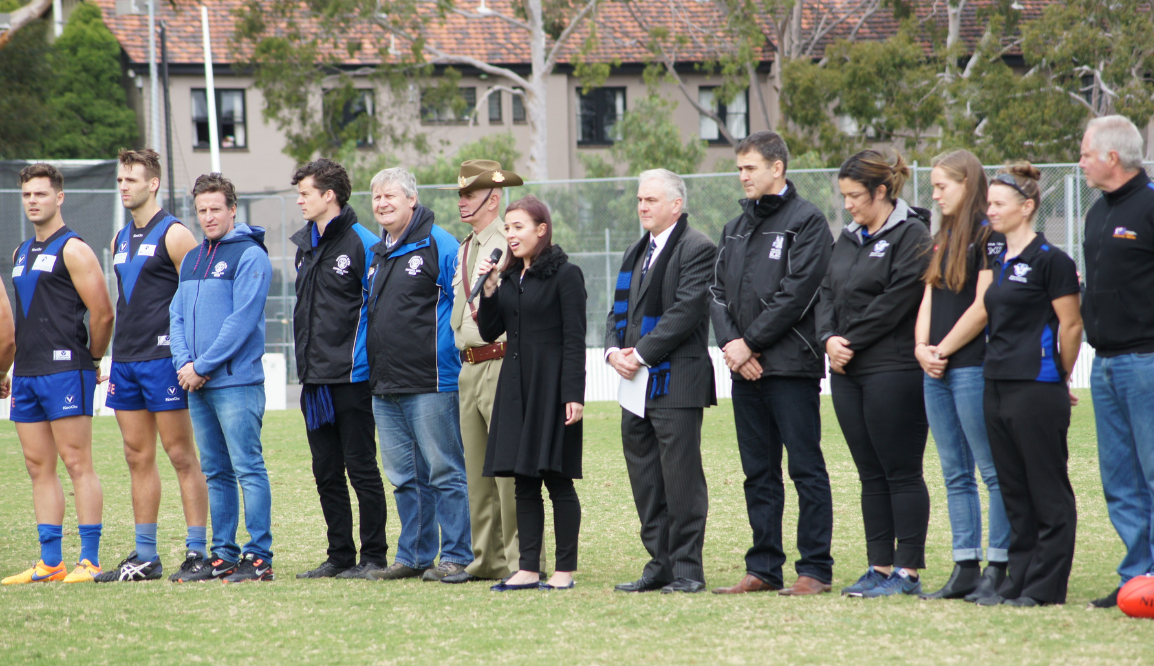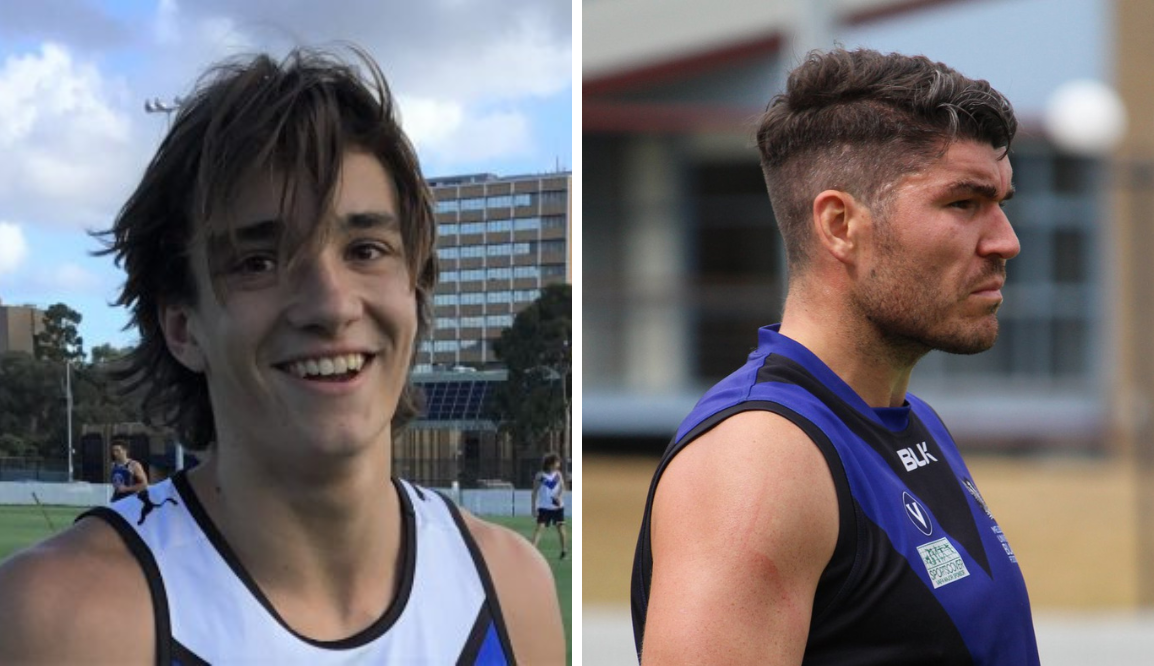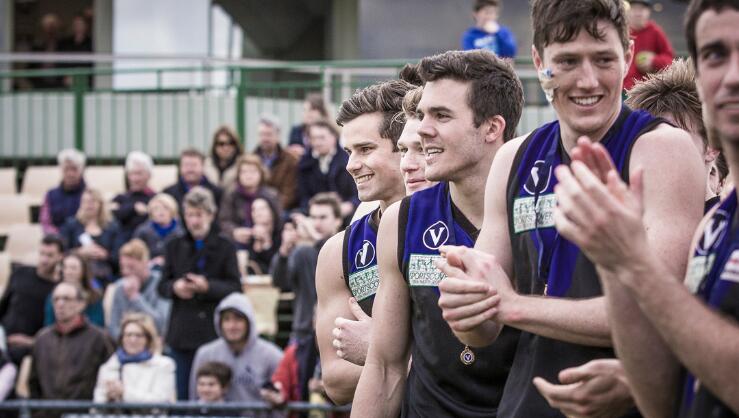By Mrinal Asija, current Master of Management (Marketing) student, 21 April
Growing up in India, and being an ardent follower of cricket, the first time I heard of the term “ANZAC” was through sport.
In 2019, the Australian men’s cricket team had a stopover in Turkey on their way to England for a long and important tour. They visited the Gallipoli peninsula, where more than 19,000 men from Australia and New Zealand lost their lives during the World War I Allied expedition to capture Constantinople, the capital of the Ottoman Empire. Talking to the media, the players mentioned how the visit allowed them to learn about the “ANZAC spirit” and “mateship” and how these values of those who served in the wars are also present in modern Australia.
The coverage of the visit gave me a sense of the important place the ANZACs (Australian and New Zealand Army Corps) and their sacrifice has in Australia’s history and collective consciousness. But it was only after moving to Australia to study at the University of Melbourne that I fully understood the significance of the observance of Anzac Day and how the commemoration of those who have served and lost their lives in wars is, particularly in the sporting landscape.
At the Melbourne University Football Club, the historical connection to the armed services is at the heart of what the club stands for. In 1914, nearly all of Melbourne University’s footballers signed up to serve in World War I. It was thought that there were 67 recorded deaths in the War of those who played football in the Victorian Football League, the forerunner of the AFL in which the University fielded a team. That meant every team lost 6-7 of its members on average. But for Melbourne University, that number stood at a staggering 19 lives, well above the average. When one includes the University’s Metropolitan Football Association team, the total losses were 28.
Andrew Donald, the President of the Melbourne University Football Club, ascribes the disproportionate loss to the values that the club inculcates in its players. “We are a university club, and we make no bones about it at the football club that we are in the leadership business. We influence our young people in a way so that they can be leaders in the community. That is why our losses were so high,” Donald remarked speaking to Melbourne University Sport.

This year, the ANZAC Round commemoration will be more special for the Melbourne University Football Club. The Uni Blues and Uni Blacks, the two men’s football clubs of the University, will be facing off in the Victorian Amateur Football Association (VAFA) William Buck Premier Round 2 clash on 22nd April at the University Oval. This will be the first time since 2017 that the two teams have played each other.
Charlie Furphy, (Bachelor of Arts, Psychology major) the captain of the University’s intervarsity team and a Uni Blues player, is looking forward to his first university derby on Saturday. “It’s something everyone talks about when you join Uni Blues, how big the rivalry is. (I am) excited that they got put up last year and we have a chance to play them this year,” Furphy remarked about the gravity of the game.
The significance of marking the ANZAC Round is not lost on the current generation of players. “Early in my time at Uni Blacks, we talked a lot about the impact of the University as young men. A lot of the Blacks are from the country. Hearing the stories of servicemen in the World Wars, playing football, having moved to Melbourne just like we had done and then going to fight in the World Wars. That is such a foreign concept. It’s a really special chance to commentate, not only on how the university was influenced by the wars but Anzac Day more broadly. Anzac Day is such an important part of Australia’s fabric. To be part of that is special,” remarked Josh Steadman, the co-captain of the Uni Blacks. (Bachelor of Commerce and a Master of Finance Alumni)

While both players were careful not to compare being part of a football team and the ANZAC Spirit, they acknowledged the values that tie them together. “That relationship is why ANZAC day has become so well celebrated with sport, with occasions like the AFL or other sporting codes in Australia. I’m hesitant to compare the two, but I think that connection in the values is why the Australian public celebrates the sporting events commemorating ANZAC Day,” Steadman added.
Speaking about why the Anzac Day commemoration is still important, Andrew Donald made mention of the ongoing war in Ukraine. “ANZAC Day as a day of remembrance has changed over time. The relevance in 2023 is that the idea that wars will be fought using technology and not involving people has proven not to be the case. We take a perspective on that, and nations must find other means to resolve their disputes. This year at our commemoration we have engaged Michelle, an Italo-Australian soprano and graduate of the College of the Arts (to sing the first verse of Amazing Grace and the National Anthem) together with an officer associated with the Melbourne University Regiment (to recite the Ode of Remembrance), being former Uni Blues player, Colo Daniel Strack.” Donald said, adding that wars are fought by young people, and thus, remembrance is particularly relevant in a university’s case.
Donald also pointed out that Saturday’s event is more than just about the Blues vs Blacks game. “It's about our entire football club commemorating something that is important.” Along with Blues and Blacks, the University’s women’s, reserves, and third XVIII teams will also be in action on Saturday. Donald mentioned that remembering the contribution of women in wartime is equally important in the Anzac Day commemoration at the football club. “Our women’s club has played in ANZAC rounds in the past and we have emphasised the impact that war had on women and the contribution and sacrifices that woman made,” he remarked.
Footy and Anzac Day are both an integral part of Australian culture, but the University has people from all corners of the world studying and working here, and Andrew Donald believes that the cohort of international students should not let go of the chance to get involved in the Anzac round. “The ANZAC commemoration with the derby involving the Black and the Blues gives our students the opportunity to come and understand what we regard here as important. We encourage our international students to come and watch the game on Saturday, and there might be students who want to give footy a go… Everyone is welcome at our club. Come and train, kick a footy and be involved!”
This Saturday, students, staff, and the broader University community are invited to come along and cheer on the teams playing at the University Oval. This is a free event and is sure to be an exciting day out for all involved.
- Location: University Oval, The University of Melbourne, Tin Alley, Parkville VIC 3010
- Times: The day at the Main starts with the Blues Under at 9:20am against Old Scotch before the Reserves at 11:40am - the first match up of the day featuring the Blacks. We will be in our all-white clash strip, whilst the Blues adorn their blue shorts and home jumper. The Anzac service will be at 1:50pm, hosted by MUFC President and Life-member, Andrew Donald, which will then be followed by the main course; Blacks v Blues.


